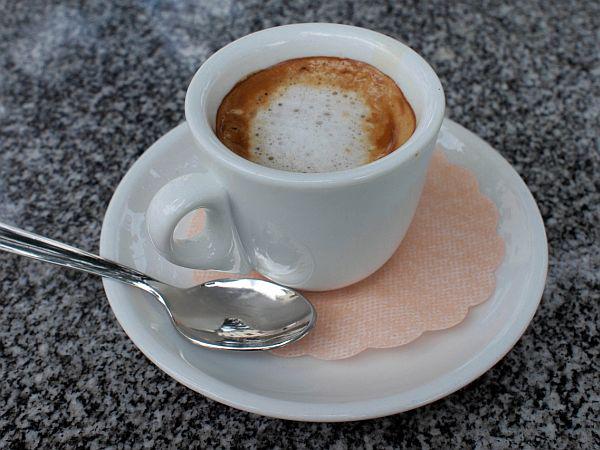
Café Astoria (Kavarna Astoria) in the heart of Maribor is not just a popular meeting place; it has played an important role in the history of Slovenia’s second city and has come to symbolize the changes that marked the country in the ever-tumultuous 20th century.
Opened in 1929, Café Astoria quickly became one of the most fashionable spots in town. It was a meeting spot for intellectuals, who would spend hours reading newspapers, playing card games, or just talking about ideas.
A decade after the café opened, it was taken over by the Petan family who had become wealthy operating several cafes in the Croatian capital of Zagreb. Their return to Slovenia, however, soon turned to bitter disappointment. After the war, the authorities ostracized the Petans because of their wealth and confiscated the café.
More than 40 years later, in 1989, Žarko Petan, the café owner’s son who had become an internationally renowned theater director, wrote a screenplay for a film titled Café Astoria. It made the café famous nationwide. His autobiographical work portrayed the glamor of Maribor’s prewar life – an era nevertheless marked, just under the surface, by tensions between ethnic Slovenians and Germans. But it was most memorable for Petan’s depiction of postwar revolutionary fervor, a period in which people were punished for not being communist enough. The movie, which concludes with the confiscation of the family café and the family’s heartbreak, was one of the first in Slovenia to deal openly with the trauma of the Communist revolution.
The nationalization of the 1940s was not the end of Café Astoria, however. It reemerged as a popular meeting place after the war, primarily among young people. A spot outside the café became known as Ezl Ek (Esel Eck, meaning “Donkey Corner” in German) and was a spot where young people could meet and show off their fancy new clothes and talk about what was happening around town. A decline in the café-going tradition eventually impacted the Astoria’s fortunes, and the legendary institution even shut its doors for a few years.
After Slovenia’s independence, however, the establishment was returned to the Petan family, who rented it out to new managers. Today, the revived Astoria attracts locals and visitors looking for a cup of coffee – and a touch of history.

































































